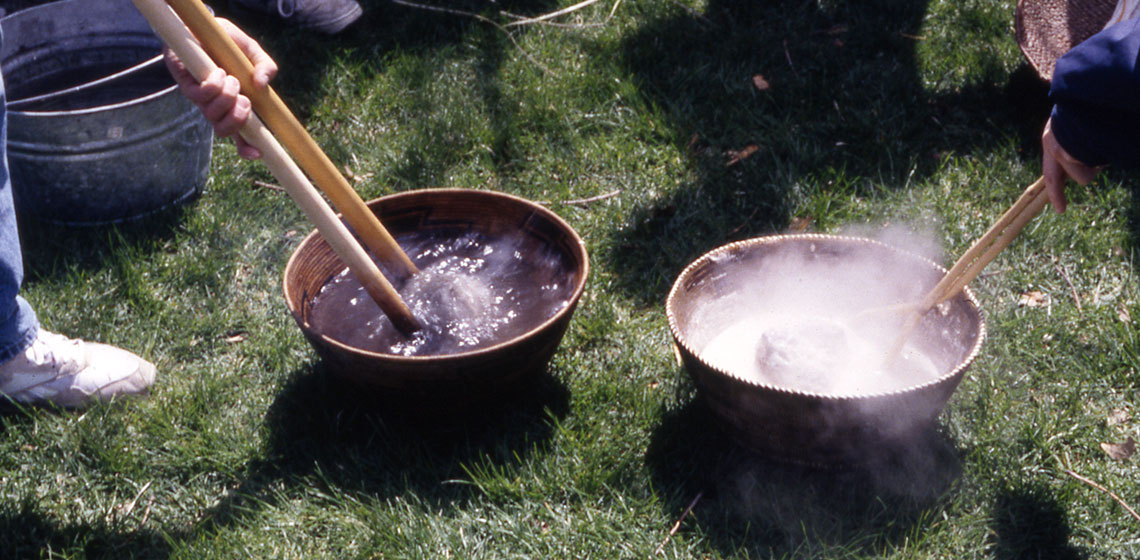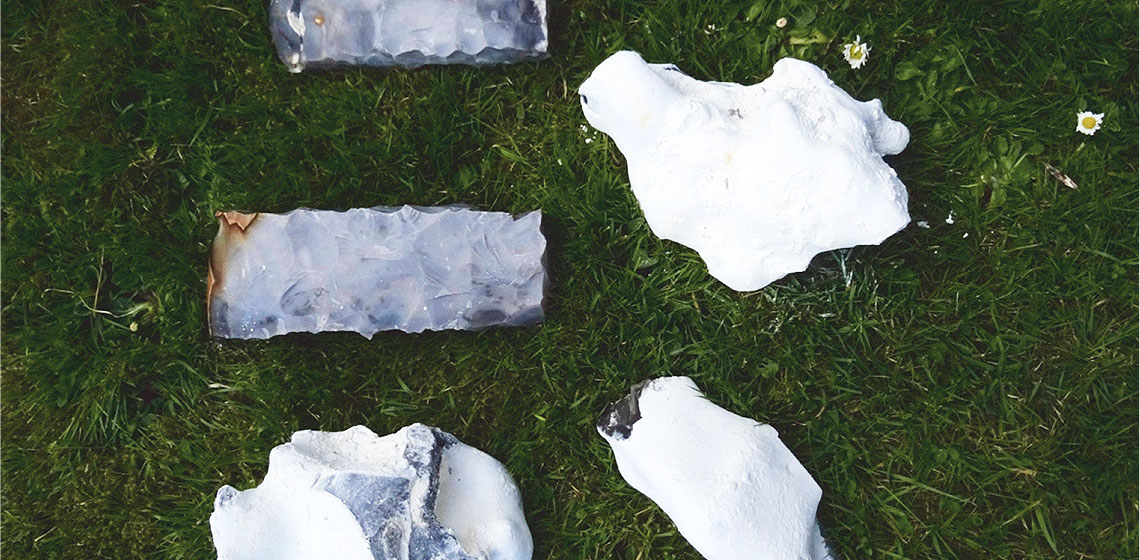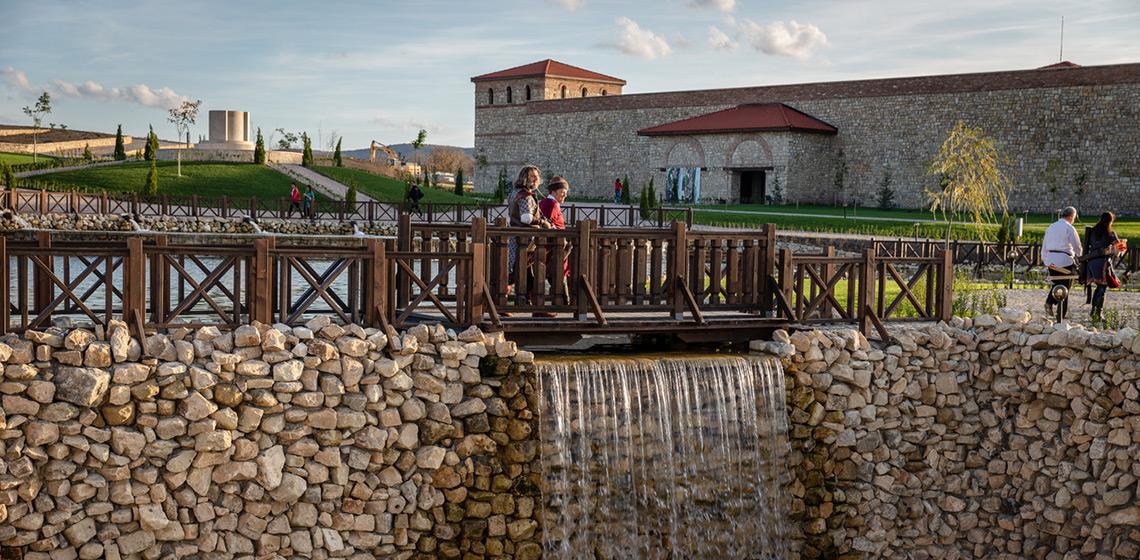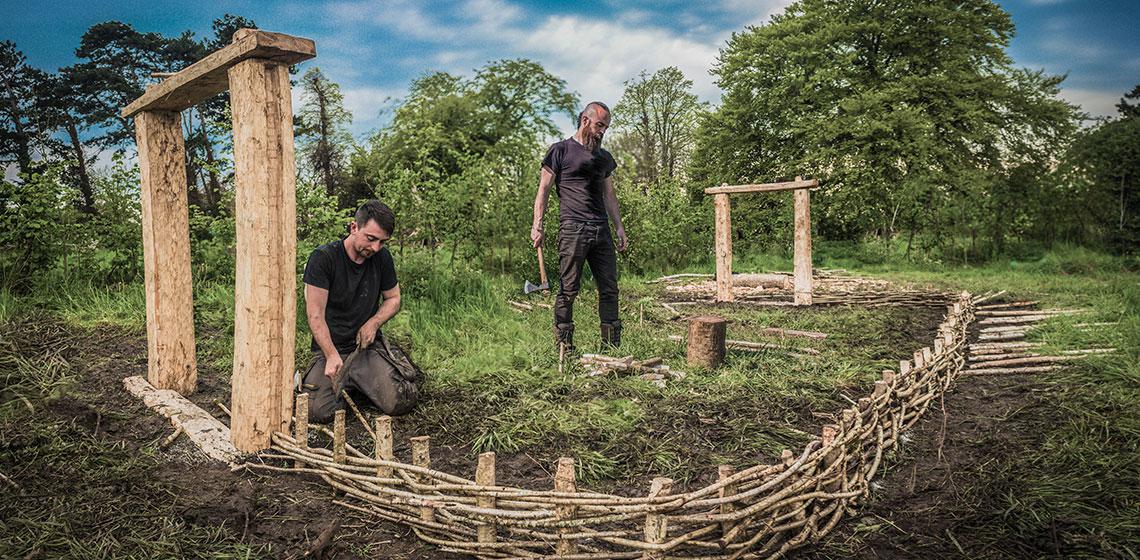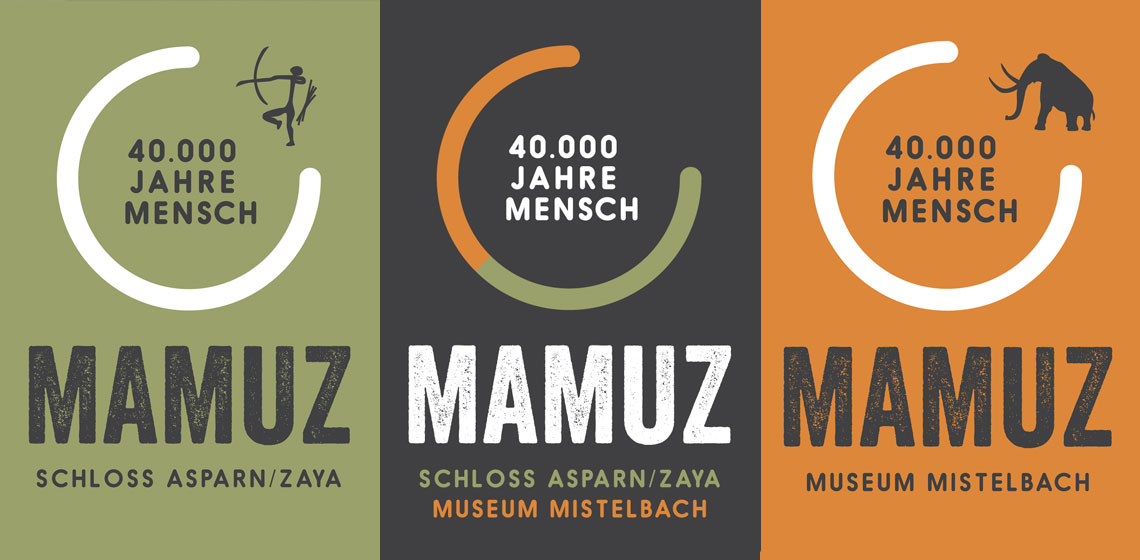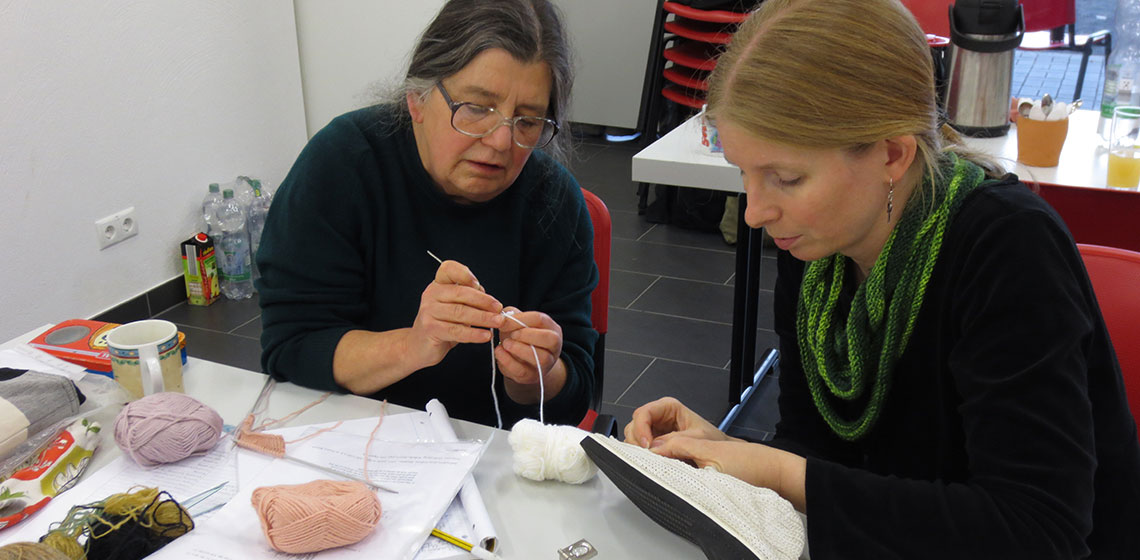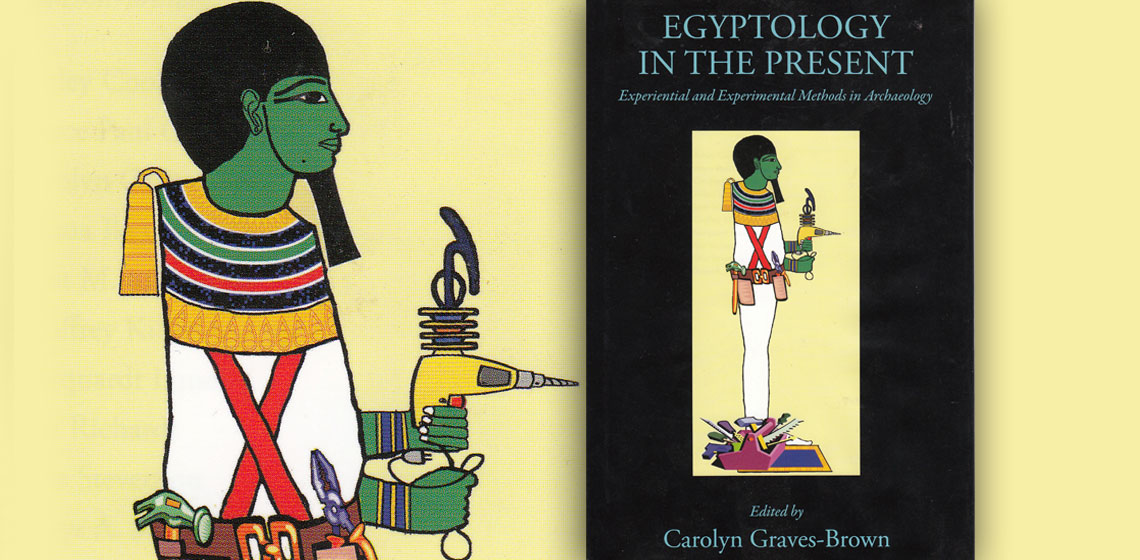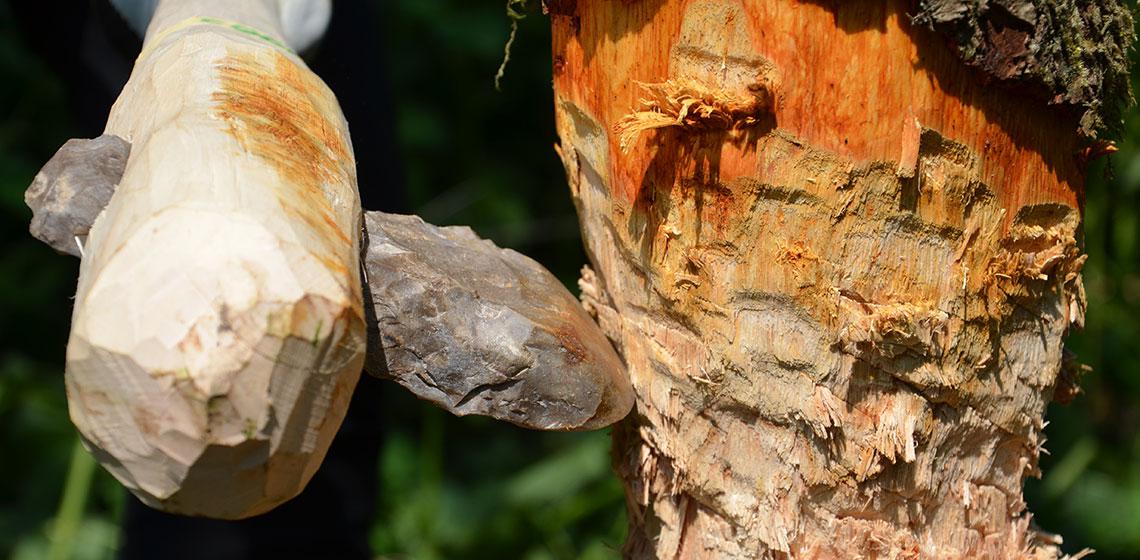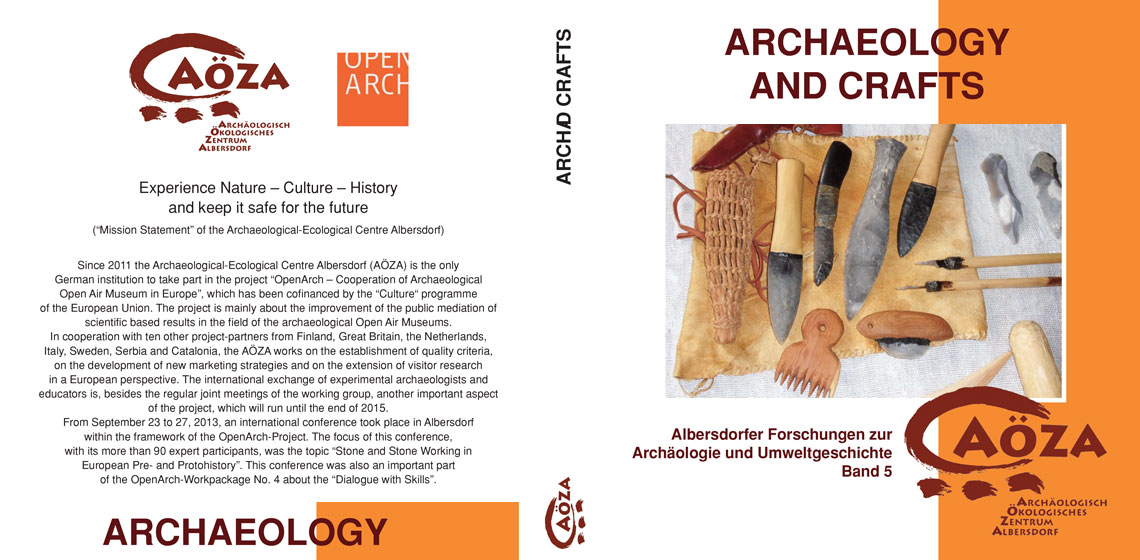Neolithic
Recycled Flint Cores as Teaching Tools: Flintknapping at Archaeological Open-Air Museums
Historical Park (BG)
In today's Bulgaria there are over 40 000 cultural and historical monuments, amongst which are significant prehistoric findings, Thracian tombs, objects from the Ancient Greek Age, Roman fortresses, monuments from the First and the Second Bulgarian Kingdom as well as other architectural landmarks from the period of the Renaissance.
UCD Centre for Experimental Archaeology and Material Culture (IE)
The Centre for Experimental Archaeology and Material Culture (CEAMC) at University College Dublin, Ireland, established since 2012, is one of the only specifically designed and dedicated, on-campus university facilities in the world for experimental archaeology and material culture studies. It supports research projects, innovative teaching, and public outreach activities, so as to enable the creation of a better understanding of the nature and role of crafts, technologies and materiality in people’s lives in the past.
Phil R. Geib PhD
Southwestern archaeologist (North America) now living and working on the Great Plains with an interest in ancient technologies, especially lithics and perishables.
The Archaeological Open-Air Site of the Museum of Prehistory MAMUZ and Its Cultural Touristic Development
Conference Review: European Textile Forum 2015
Book Review: Egyptology in the Present: Experiential and Experimental Methods in Archaeology by C. Graves-Brown (Ed)
Material Culture Studies, Leiden University (NL)
Leiden University (founded in 1575) is one of Europe's leading international research-intensive universities. This prominent position gives our graduates an advantage when applying for positions both within and outside the academic world.

